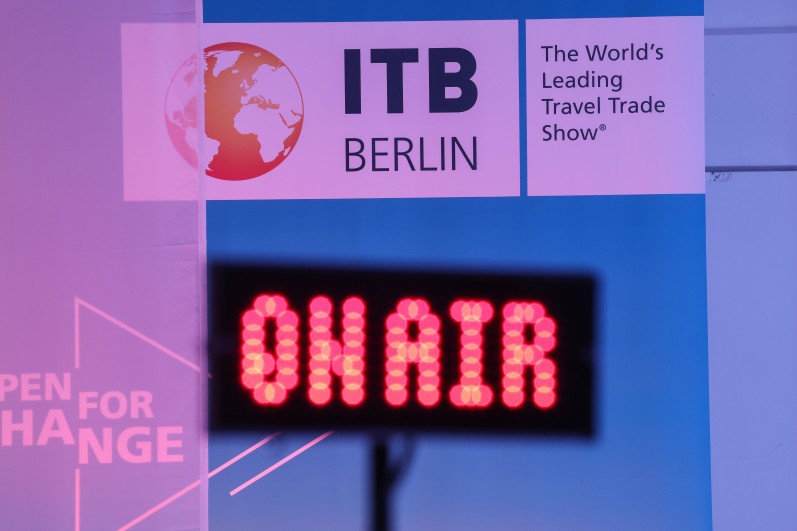Page content
NEWS-Blog
Adventure factor is determining travel choices
ITB Berlin Convention session examines the fascinating transformation of tour and activity marketing
May 15, 2023
Tours, activities, attractions and experiences are often the focus of what a trip is all about and in these times of a resurgent industry are factors that should not be underestimated. Accordingly, the leading trends influencing travel experiences were presented at a session of the ITB Berlin Convention.
Douglas Quinby, CEO of Arival, chaired the session. Opening the discussion, he explained that customer age was a decisive factor. Whereas the over-55s tended to first book a destination, followed by a tour or attraction, younger people usually put their travel experience first, based on which they might then choose a place to travel.
Overall, his view was that after the pandemic the Tours & Activities segment was lagging noticeably behind the recovery of the market in general. One issue was an often widespread lack of digitalisation, especially when compared with the aviation and hotel industry, which without CRS or PMS would be unable to function.
Other challenges also resulted from the fact that this was not really a market per se, but rather a combination of many, which meant that travel products could not always be easily integrated in a customer journey. At the same time it had huge business potential.
Johannes Reck, CEO of GetYourGuide, agreed that this market was incredibly diverse. The company was currently experiencing great success with hidden gems among its travel products, known as ’originals’ at GetYourGuide, which could only be booked there. This had less to do with a product clearance and more with offering inspiration to users to help them plan their trips.
Competitor Klook, represented by CEO and co-founder Eric Gnock Fah, also saw original products having great potential. For example, the company has brought avatars to Singapore’s famous Marina Gardens, an experience that only Klook offers. The travel expert also emphasised the increasingly important role of social media in targeting consumers. Social networks knew more about them than Google, especially TikTok, he said. With this fast-growing platform there was a huge transformation taking place, offering commercial prospects as a result.
GetYourGuide had originally made its name offering access to famous attractions and with ’skip-the-line’ tickets, Johannes Reck added. Nowadays however, travellers consciously went in search of unique experiences. Younger people especially would go looking for a travel experience months in advance, in order to then perhaps choose a destination. It was necessary to adapt using the right technology.
Responding to the question as to how local operators were chosen for special tours, Eric Gnock Fah said that as a rule Klook chose a single operator in order to harmonise their efforts. This produced better results than working with ten for example. One problem in offering scalable products was that often many operators only worked part-time. In order to do so one needed to have genuine full-time operators.
In answer to whether tickets to the Louvre in Paris for example were not in fact the big moneymakers, GetYourGuide CEO Reck said it was customised travel experiences that were indeed producing growth. In actual fact this area should have been expanded earlier. At the start of his career the company had not had sufficient brand awareness. These days, the name alone was capable of opening doors much quicker.
Asked whether platforms such as that of his company were more open or curated, his answer was clear. The product had to be sound, as any customer dissatisfaction would quickly impact GetYourGuide. In the hotel industry things were different. Customer dissatisfaction with a hotel would generally be ascribed to the hotel itself rather than booking.com. Eric Gnock Fah agreed, as the local tour operators had no brand they were offering.
Concluding, the discussion touched on the topic of mobile bookings. They were definitely a game changer for the industry. At Klook they accounted for around 60 per cent of bookings. Even with long-term bookings the motto was “mobile first“. Thus a smartphone was not only the traveller’s device of choice for booking a travel experience locally and at short notice. Users browsing on the sofa clearly also preferred their smartphone to a PC.

.svg)

